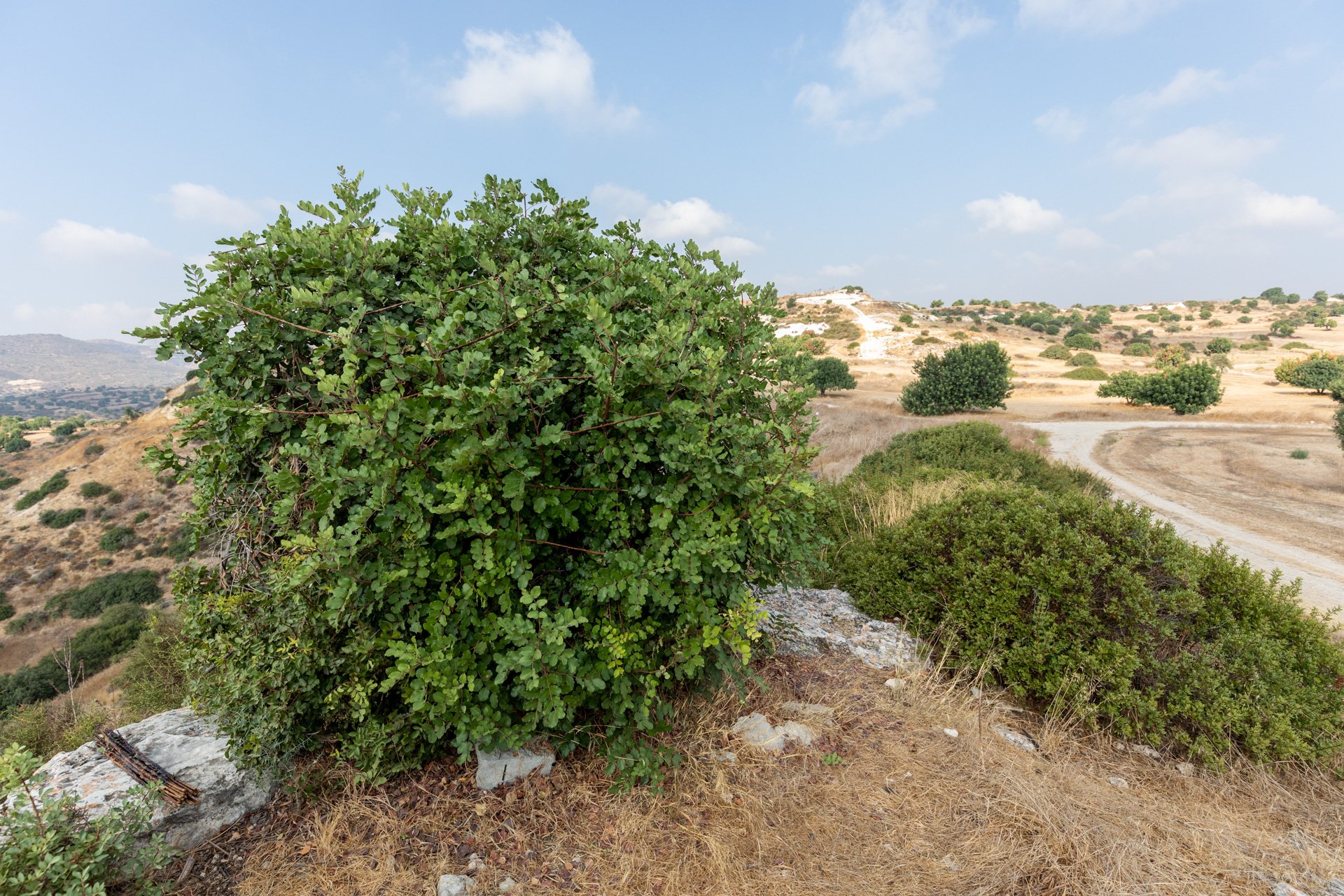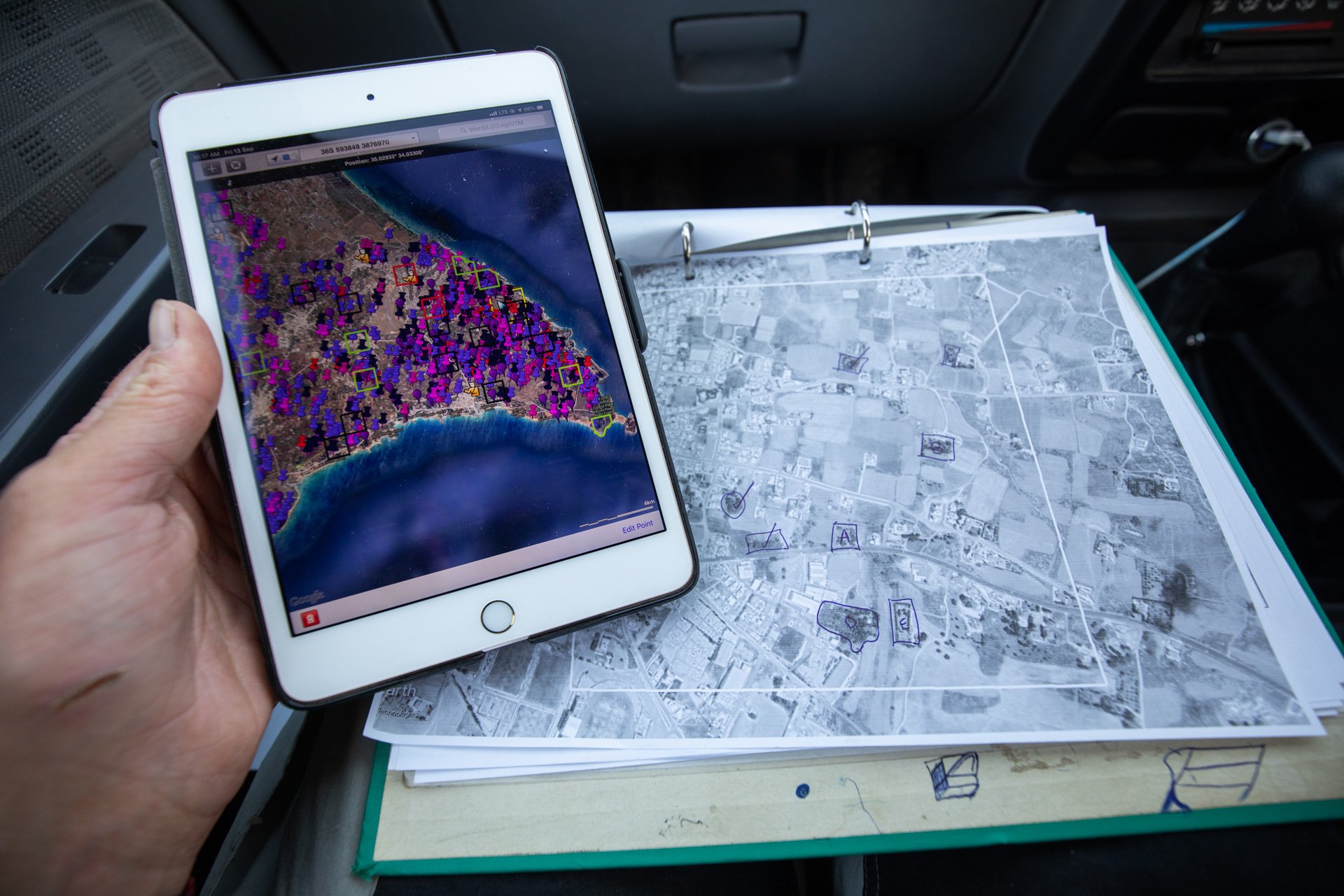
A Eurasian Blackcap flutters over an olive grove in eastern Cyprus, after an exhausting migration already taking it many hundreds of miles from the colder reaches of Northern Europe. The familiar warbling song of another Blackcap emanates from the trees below, and seeking rest it descends towards the source of the sound. Suddenly it becomes stuck to the branch it lands upon, with feet and wings soon becoming stuck fast to a glue-like substance covering the branch. The familiar Blackcap song was a trick - not coming from another bird at all, but from an electronic recording device placed in the tree to attract this beautiful migrant to its grizzly end. The end destination for this unfortunate Blackcap is on a plate, served up as an illegal delicacy called 'ambelopoulia' and fetching €60 a plateful in parts of Cyprus.
The illegal slaughter of migratory birds is rife across Europe and the Mediterranean.
Massacre on Migration
Each year, it is estimated that 25 MILLION songbirds are illegally killed along the Mediterranean coast, through Northern Europe and into the Caucasus. The drivers of this massacre vary between country, region and species: most are illegally killed for food – culinary delicacies rather than subsistence – and for so-called ‘sport’. The numbers involved are mind boggling, and severely threaten the populations of the species involved - many already threatened or endangered, such as the Eurasian Turtle Dove.
In Cyprus alone, up to 2.6 million birds may be killed annually for the sake of the delicacy 'ambelopoulia' (a dish of boiled songbird). Illegal trappers catch birds on industrial scales using large mist nets and sticks covered in glue, to which the birds become trapped. Whilst it is still a major issue in Cyprus, covert surveillance and effective enforcement led to an immense reduction in illegal trapping on the UK military bases: activity dropped to a 10-year low in 2018, with a 75% reduction in the number of songbirds caught since 2016.
I joined the BirdLife Cyprus team in autumn 2019 to help with their autumn survey of illegal bird trapping activity. This standardised monitoring programme allows them to assess how levels of this barbaric activity are changing, and provides data as evidence for whether enforcement is working in the battle to stem this illegal massacre.
Below is a selection of images from those surveys, giving an insight into the issue and what is being done to halt it.

Olive groves such as this can hide a dark and brutal secret in areas of Cyprus where the illegal trapping of songbirds remains rife.

Look closely at this unassuming Carob tree and you’ll see hundreds of lethal ‘Limesticks’ hidden amongst the branches. This is the 'traditional' method of catching songbirds in Cyprus, but has now been superseded by the use of large mist nets which catch birds in their hundreds on an industrial scale.

A male blackcap is stuck fast to the glue of the limesticks, splayed out across three different sticks and with no hope of escape without our intervention. Blackcaps are the (illegal) target species consumed for the delicacy dish called 'ambelopoulia' in Cyprus, but tens of other species are also consumed under the banner term of this dish. A scientific review on illegal bird killing across the Mediterranean region, published by BirdLife International in August 2015, estimated that 1.8 MILLION Blackcaps are being illegally trapped and killed each year.

A male blackcap before being freed from the limestick by BirdLife Cyprus and the Cypriot Game and Fauna Service.

One of the lucky ones. A young male blackcap is given a drop of water before being released, with the hope that it will manage to complete its epic migration and avoid the plethora of dangers it will face along the way.

A carob bush is lathered in over 100 illegal limesticks, with an electronic calling device concealed at its base playing the song of blackcap. This will lure in unsuspecting victims into the deadly trap, where they become ensnared upon these glue-covered sticks.

A few inches away, a female blackcap flutters hopelessly, its feathers becoming more and more stuck with each struggle. This cruel practice is banned in Cyrpus, but with low enforcement of the law and a lack of political will at governmental level, the activity continues in many areas.

The bundle of over 100 limesticks collected from this single bush after all the blackcaps were freed from the glue. These illegal traps are confiscated and the perpetrators found and prosecuted where sufficient evidence and information exists.

This illegal trapping site is added to the project's GIS database, which details all known trapping locations in Cyprus. Collated by those working to tackle this issue, the database helps coordinated efforts in persecuting those still carrying out this illegal activity, and has led to dramatic reductions in some areas such as the British Sovereign Base Areas.
What can be done?
In Cyprus, one of the biggest ways to help the efforts to crack down on this illegal activity is to support the tireless work of the organisations engaged in this grim issue. You can donate to Birdlife Cyprus here, and support charities such as the Committee Against Bird Slaughter in their ongoing work.
This issue is not restricted to Cyprus. Across the Eurasian-African migratory flyway, the trapping and killing of migratory birdlife is the focus of a campaign called ‘Flight for Survival’ by Birdlife International. You can find out more about this campaign here, and support their work if you are able to.

